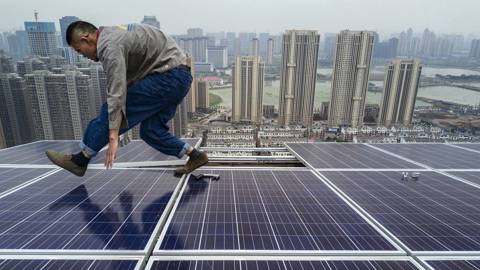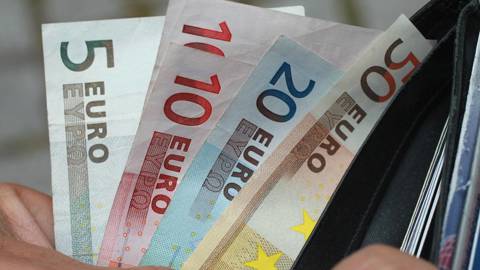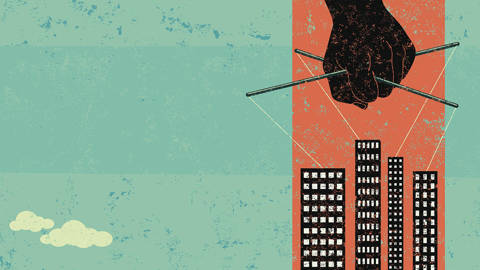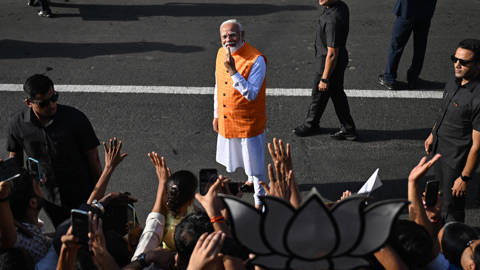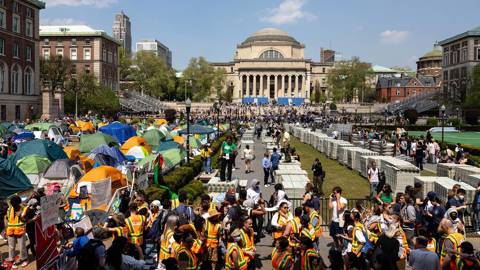Kingsley Moghalu
Kingsley Moghalu, a former deputy governor of the Central Bank of Nigeria, is President of the Institute for Governance and Economic Transformation, a public-policy think tank, and a non-resident senior fellow at the Council on Emerging Market Enterprises at the Fletcher School of Law and Diplomacy at Tufts University.
-
Nigeria’s Make-or-Break Election
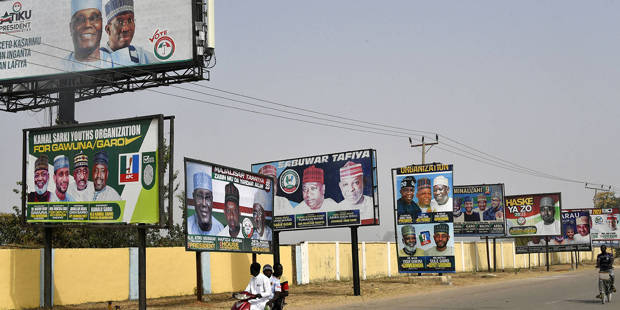
Nigeria’s Make-or-Break Election
Feb 14, 2023 Kingsley Moghalu outlines the myriad challenges and opportunities facing the troubled country’s next president.
-
Africa’s WTO Moment
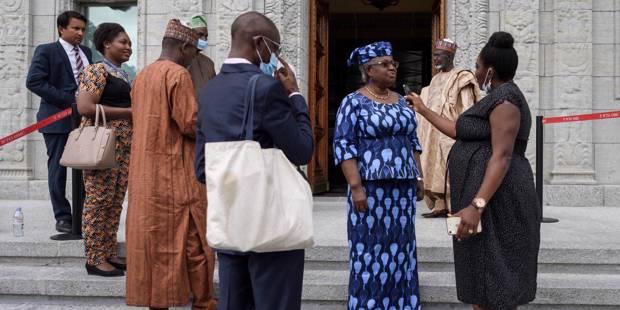
Africa’s WTO Moment
Oct 21, 2020 Kingsley Moghalu explains why Ngozi Okonjo-Iweala should be the World Trade Organization's next director-general.
-
Africa’s Economic Reality Check
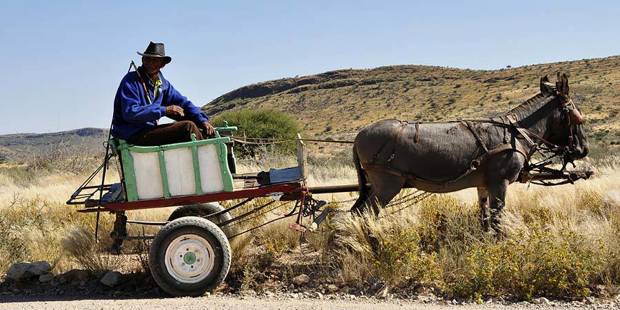
Africa’s Economic Reality Check
Feb 19, 2016 Kingsley Moghalu urges the continent's policymakers to stop relying on commodity exports to sustain growth.

